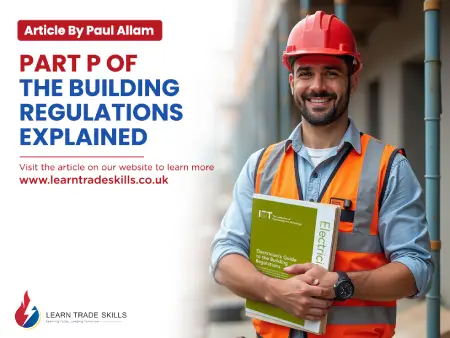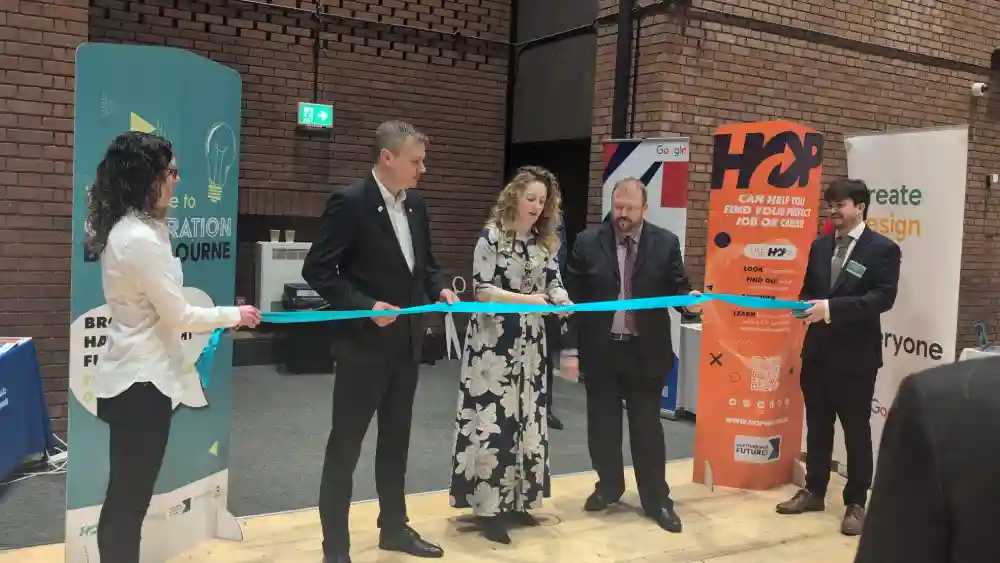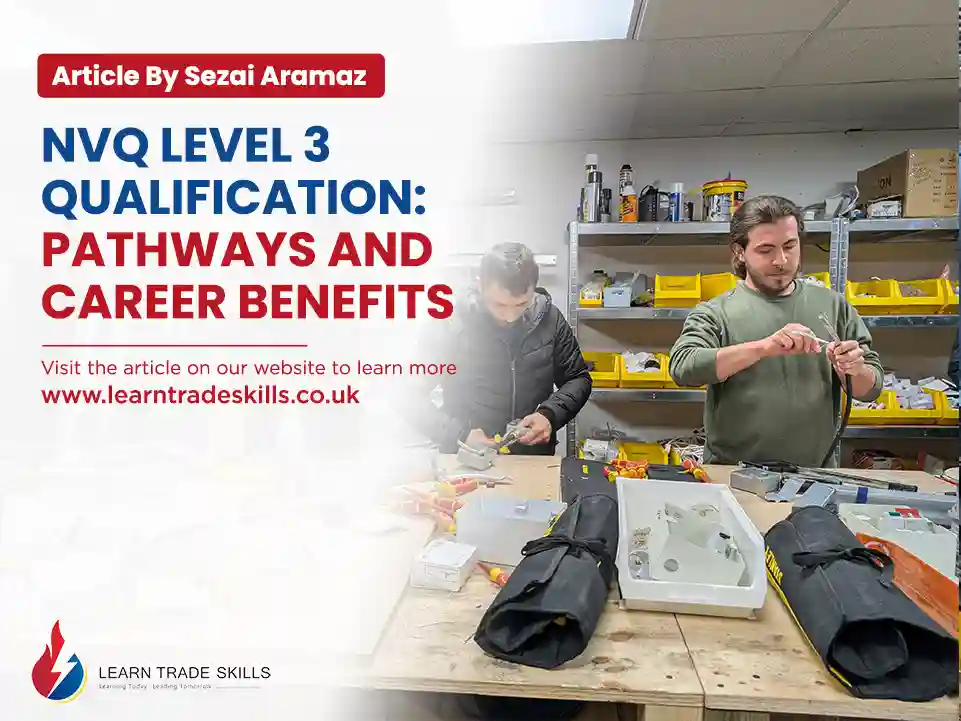

Did you know that Part P of the Building Regulations is the only legislation that directly protects homeowners from unsafe electrical installations? If you didn’t, you’re not alone – a surprising 86% of the public is unaware of this critical regulation!
At Learn Trade Skills, we believe that both the government and industry scheme providers should take more responsibility in raising awareness about Part P among the public and electricians alike. By educating homeowners, we can reduce the number of unregistered electricians, improve the quality of electrical work, and ultimately help prevent injuries and fatalities caused by faulty installations.
Part P was introduced into the Building Regulations in 2005 to enhance electrical safety in homes across England and Wales. However, despite being a legal requirement, only 14% of the public knows what Part P is, compared to 45% who are familiar with Gas Safe. This lack of awareness signals a need for greater public education.
Part P is designed to protect you from electrical hazards by ensuring that only qualified and competent electricians carry out work in your home. For electricians, obtaining Part P certification is an essential step in their qualification process.
Part P applies to all types of residential properties, including houses, flats, and maisonettes. It also covers properties with shared electricity supplies, such as flats above shops.
If you live in one of these properties, it’s important to understand the two main categories of electrical work: notifiable work and minor work. Regardless of the type of work, compliance with Part P is crucial because failure to adhere to the regulations can result in criminal charges and may invalidate your home insurance.
Ensuring compliance isn’t just a legal obligation – it’s a way to protect the safety of your home and your family. Read on to fully understand what Part P is and how it can save you from potential hazards and financial losses.
Part P requires that certain types of electrical work be either carried out or inspected by a qualified and registered electrician. Yet, 80% of homeowners are unaware that notifiable work must either be done by a registered electrician or signed off by local building control.
When hiring an electrician, there are two paths to ensuring compliance:
The easiest and safest option is to hire a registered electrician. They can carry out the work without requiring you to interact with your local council, making the process seamless and hassle-free. The registered electrician will ensure the work complies with Part P and issue the necessary certification, saving you time and stress.
Are you considering doing your own electrical work at home? Be aware that Part P still applies! Every year, DIYers perform nearly a million electrical jobs, and 5% of those are notifiable. If your work falls into the notifiable category, you must submit a building notice to your local council. It’s important to remember that about 30% of electrical accidents could be prevented through proper regulation.
To avoid the risks, we recommend hiring a registered electrician. Don’t leave safety to chance—do it right the first time.
Whether your electrical work is notifiable or minor, it’s essential to receive the correct certification to prove that the work complies with the regulations.
At Learn Trade Skills, we’re here to help you understand your responsibilities under Part P and ensure that all electrical work in your home is done to the highest standards. Whether you’re a homeowner looking for a registered electrician or an aspiring electrician wanting to become Part P certified, we’re here to support you every step of the way.
Paul has been a dedicated lecturer at Learn Trade Skills since 2022, bringing decades of expertise in both lecturing and the electrical industry to his students. With a rich background as an accomplished electrician, Paul combines practical experience with a deep passion for teaching, ensuring that his students not only grasp theoretical concepts but also gain the hands-on skills necessary for success in the field. Paul's commitment to education and his profession makes him a valued mentor and educator, continually inspiring the next generation of skilled tradespeople



© Copyright Learn Trade Skills 2025
“Lorem ipsum dolor sit amet, consectetur adipiscing elit. Ut pretium tristique purus nec consectetur. Nulla feugiat eget tellus aliquam scelerisque. Sed eget luctus enim, sed mattis enim. Lorem ipsum dolor sit amet, consectetur adipiscing elit. Ut pretium tristique purus nec consectetur. Nulla feugiat eget tellus aliquam scelerisque. Sed eget luctus enim, sed mattis enim.Nulla feugiat eget tellus aliquam scelerisque. Sed eget luctus enim, sed mattis enim. Lorem ipsum dolor sit amet, consectetur adipiscing elit. Ut pretium tristique purus nec consectetur. Nulla feugiat eget tellus aliquam scelerisque. Sed eget luctus enim, sed mattis enim.”
William Goss
Electrician course
11/11/2024